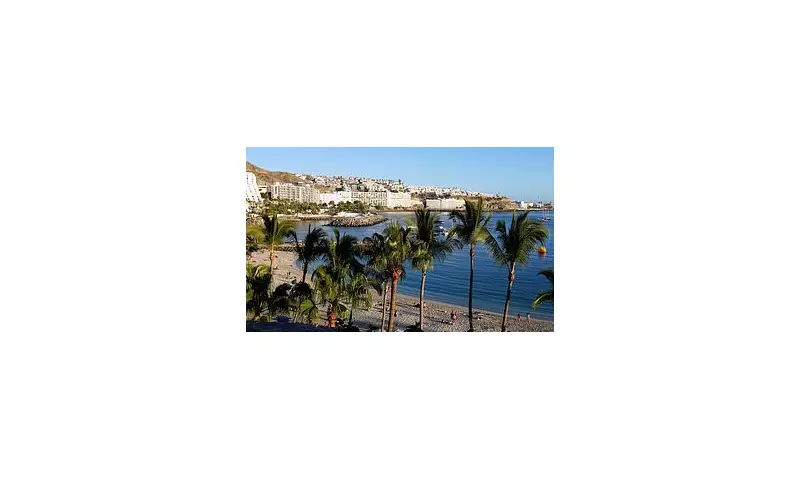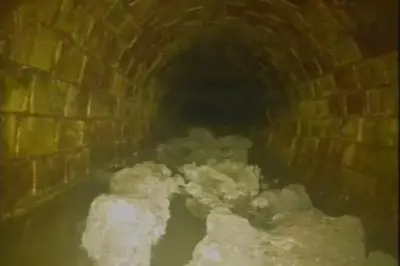
Holidaymakers on the popular Spanish island of Gran Canaria have been met with disruption and disappointment as authorities have been forced to close at least twelve beaches due to a significant marine pollution incident.
The regional government of the Canary Islands activated a marine pollution alert last week, which is now active across six municipalities on the east and south coasts of the island: Ingenio, Telde, Agüimes, Santa Lucía de Tirajana, San Bartolomé de Tirajana and Mogán.
Source of the Contamination
The crisis began when officials detected a spill of decomposing organic material off the coast. The decision to close the beaches to bathers was made as a precautionary measure to protect public health.
Officials stated the closure was due to 'the presence of an episode of marine pollution, due to the dumping of decomposing organic matter from facilities located in the sea, off the coast of Telde'.
Initial analysis points to the material originating from aquaculture activities located offshore. The patch was first observed several kilometres out to sea but currents and northeasterly winds are believed to have pushed it towards the island's southern shoreline.
Impact on Tourism and Local Reaction
The visual impact of the pollution is stark, with red flags flying on affected beaches from Telde to San Bartolomé de Tirajana. Popular tourist spots including Melenara, Ojos de Garza, Arinaga, El Cabrón and Bahía Feliz have seen a visible decline in water quality.
The full list of closed beaches includes:
- In Mogán: El Perchel Beach, Mogán Beach, Beach Taurite, Playa del Cura, Beach of Puerto Rico, Patalavaca Beach, Las Marañuelas Beach and Anfi del Mar Beach.
- In Telde: Beach of Mane, Salinetas and Aguadulce.
- In Santa Lucía de Tirajana: Rocas Negras Beach 'El Yodo'.
Council workers are engaged in a daily clean-up operation, but the substance continues to spread. Local residents have expressed outrage, with one commenting, 'The Prosecutor's office should take action against those responsible!'
Conflicting Accounts and Planned Protests
The company accused of being the source of the contamination has presented a different story. A spokesman claimed that a separate marine spillage killed 40% of its sea bass production in sea cages, leading to the removal of more than 500 tons of dead fish and an estimated loss of €15 million.
However, investigators say they have found no evidence to support the company's claim of an external spill. The conflicting narratives have fuelled local anger, prompting residents' groups to organise a major demonstration on November 18.
Protestors are demanding accountability, insisting that an environmental disaster of this scale should never occur, particularly at the start of the high tourist season. Authorities hope to reopen the beaches on a phased basis once the situation is under control.





